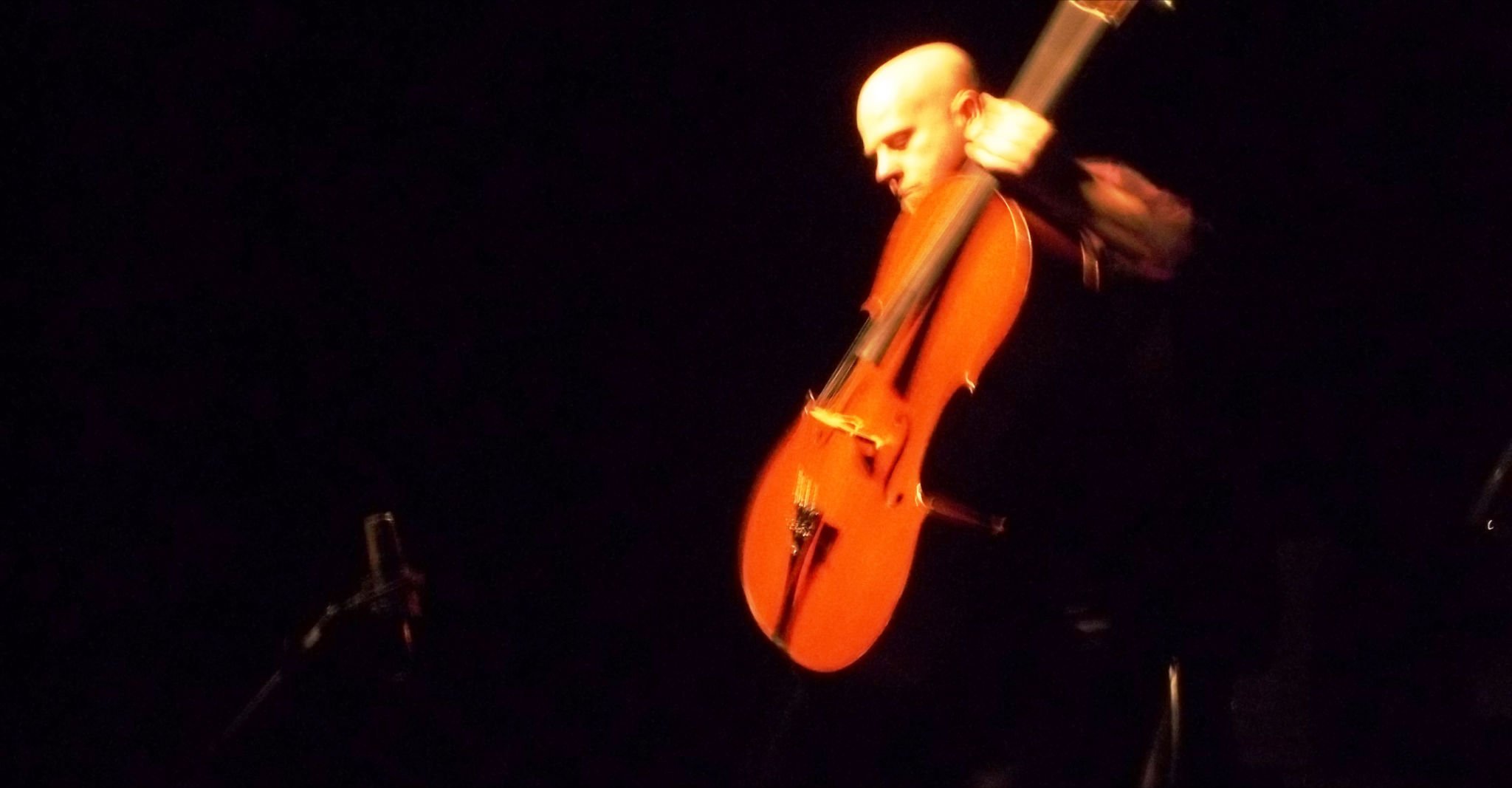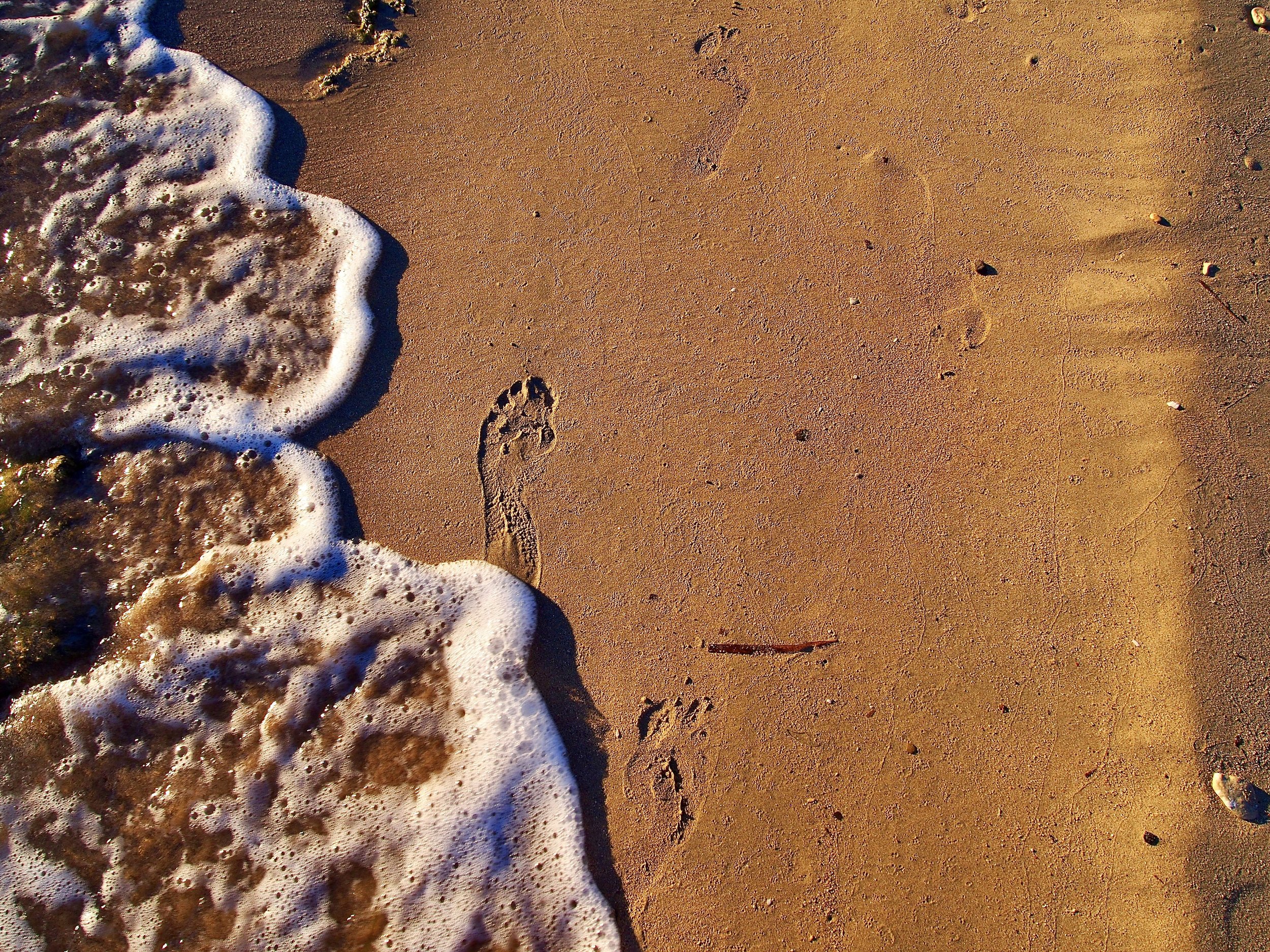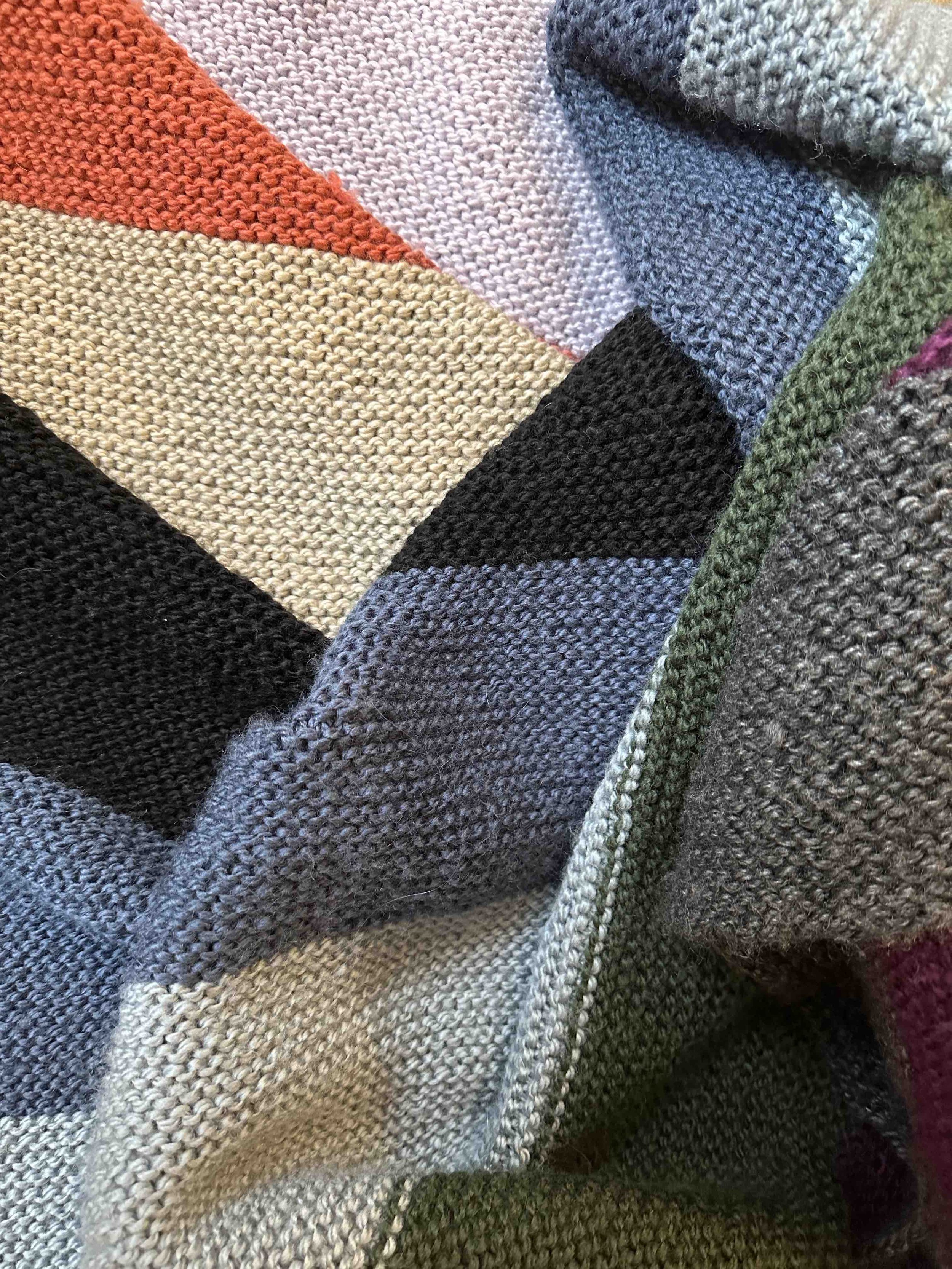I have a very astute student who brings many insights into our dialogue. The other day he was talking about a man he knows well. My student described him as perfectly nice and friendly, a good human being. But there was something missing, he said. Searching for words, my student remarked that this man didn’t have a practice.
My mind is like a Christmas tree strung with red and green lights. If I see, hear, or think something dubious or harmful or confused or incoherent, a red light goes on: Wait! And if I see, hear, or think something constructive, creative, playful, or healing, a green light goes on: Yes!
I can’t be absolutely sure that my student and I approach the notion of practice in the same way, but I’m using his remark to adorn my tree, which my student’s remark lit up, with a bunch of green lights of my own devising.
Practice, as I see it, is a sort of commitment to explore something. The exploration unfolds steadily over months, years, and decades. There’s a repetitive element involved, and also variation, novelty, sudden changes of rhythm or focus. The exploration envelops a paradox. Practice is time spent focusing on myself and not focusing on myself. By asking myself questions while practicing, by pondering my habits, my assumptions, and my inner narrative, I might affirm my individuality and at the same time lessen my importance to my own self. “I rock! I’m just a rock.”
What might the exploration or practice involve? The possibilities are endless. It might be the study of music: handling instruments, learning the structures of music, listening, playing, going out to concerts, sharing, listening, playing, listening, playing. In my case, I consider that I’ve been in music practice for about sixty years. The practice has dug deep grooves in my brain, and it has shape my life in so many ways that I can’t begin to describe it.
Or the practice might be walking. For some, it might be the ten thousand daily steps, a sort of dance and meditation, “the gym of the mind.” Walking is a communion with the city where you live and the cities that you visit: you receive the city from the ground up, and your legs, your movement, and your rhythms create urban memories that inform your perspective in life. A walkable city is a marvelous arena for practicing. A city where cars are more important than people . . . well, driving too can be a purposeful practice. A different friend of mine is a musician of breadth and depth. He drove a taxi professionally for a few years, and it seems obvious to me that his driving helped him Achieve Knowledge (and that’s not the same thing as achieving knowledge or achieving “knowledge”).
The practice might be cooking. Recipes and spices become a discipline, giving you faint but lovely connections with Madagascar, Lebanon, Mexico, Peru, and the World and the Universe and the ALL-UPPERCASE. Or the discipline might be how you handle a knife and how you slice a tomato. I’m sure, sure! that somewhere on this Earth there’s a person who’s attained Buddhahood by Slicing the Thousand Tomatoes (and the One Finger).
Repetition on its own has many merits, but the kind of practice we’re positing here requires alertness, curiosity, involvement, observation, persistence. I actually think it’s possible for someone to just “go through the motions” of his or her practice and still get something out of it. But when you pay attention to what you’re doing, how you’re doing, why you’re doing it, what kind of person you are while you’re doing it, and what kind of person you become through doing it, the repetitiveness is a gift like no other. Your field of perception expands. You acquire skills. You accumulate memories, stories, sights and sounds attached to your practice. Practice gives you direction, and direction gives you meaning, and meaning gives you meaning. Also, Practice Gives You A Blanket, Heavy And Cozy And Soft.
Knitted by Alexis Niki over many months.
©2023, Pedro de Alcantara



